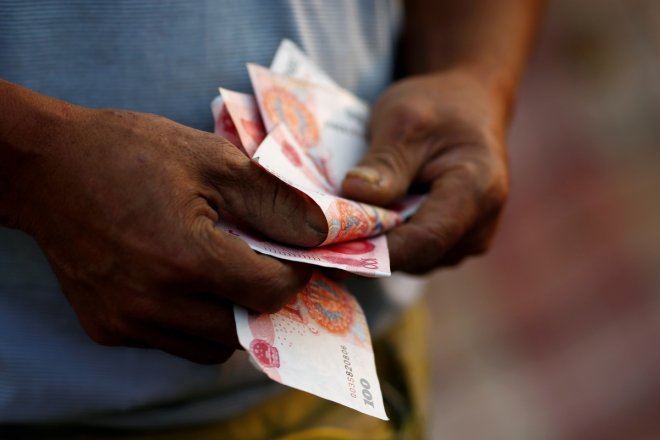
Malaysia has come up with a policy that will require employers to personally pay the tax for hiring foreign workers. However, British daily, The Guardian, sees it as Malaysia's bid to join the Trans Pacific Partnership (TPP) after it was considered as the country where trafficking incidents are the highest.
"The announcement has also been viewed as an attempt to shake off Malaysia's reputation as a hub for human trafficking; until recently, Malaysia was the bottom-ranked country in the US State Department's annual Trafficking in Persons report," wrote the new paper in a report on 6 January.
Previously, the levy was paid by foreign workers as the employers used to deduct a certain amount from their salaries. From 1 January the new rule, which is locally known as the Employer Mandatory Commitment (EMC), was imposed so that the full responsibility of hiring foreign labourers is on the employers. However, the law is not applicable in Sarawak at this moment.
The new policy was adopted as it was noticed that some employers did not pay their workers according to the 2016 minimum wages policy, which is RM1,000 a month for the peninsula and RM920 a month for Sabah, Sarawak and Labuan, according to The Malay Mail.
Moreover, they restricted the movement of their migrant labourers and even confiscated their passports. However, issuing EMC is not the final solution as experts point out that the policy might be dismissed after few days, similar another levy policy that was reversed following protest from employers.
It was reported that, already, Malaysian Employers Federation executive director Shamsuddin Bardan has objected to the new ruling. Bardan argues that the current system, where the workers had to pay the tax, did not hamper the influx of migrant workers into the country. "If [the current system was] not fair, migrant workers would not want to come to Malaysia. What Malaysia is offering them is much better than in their own country," he said, according to The Guardian's report.
Meanwhile, the Bar Council assistant director for practitioners affairs, Sumitha Shaanthinni Kishna, said according to the report: "We are already seeing employer groups up in arms over this. With elections around the corner, we may see another reversal."









